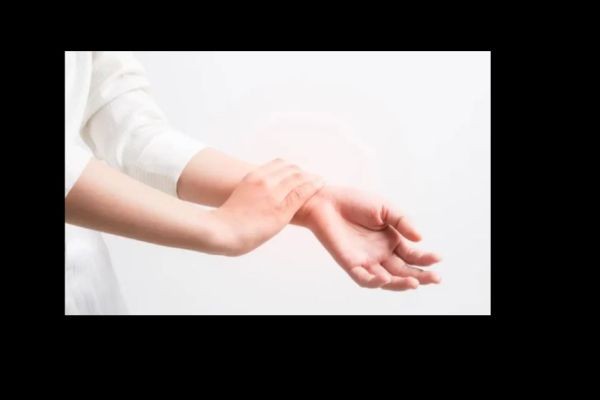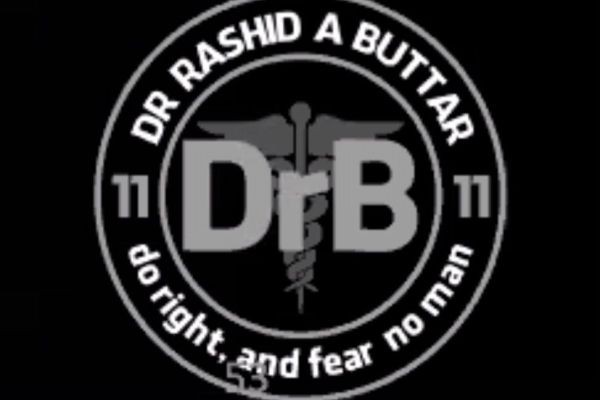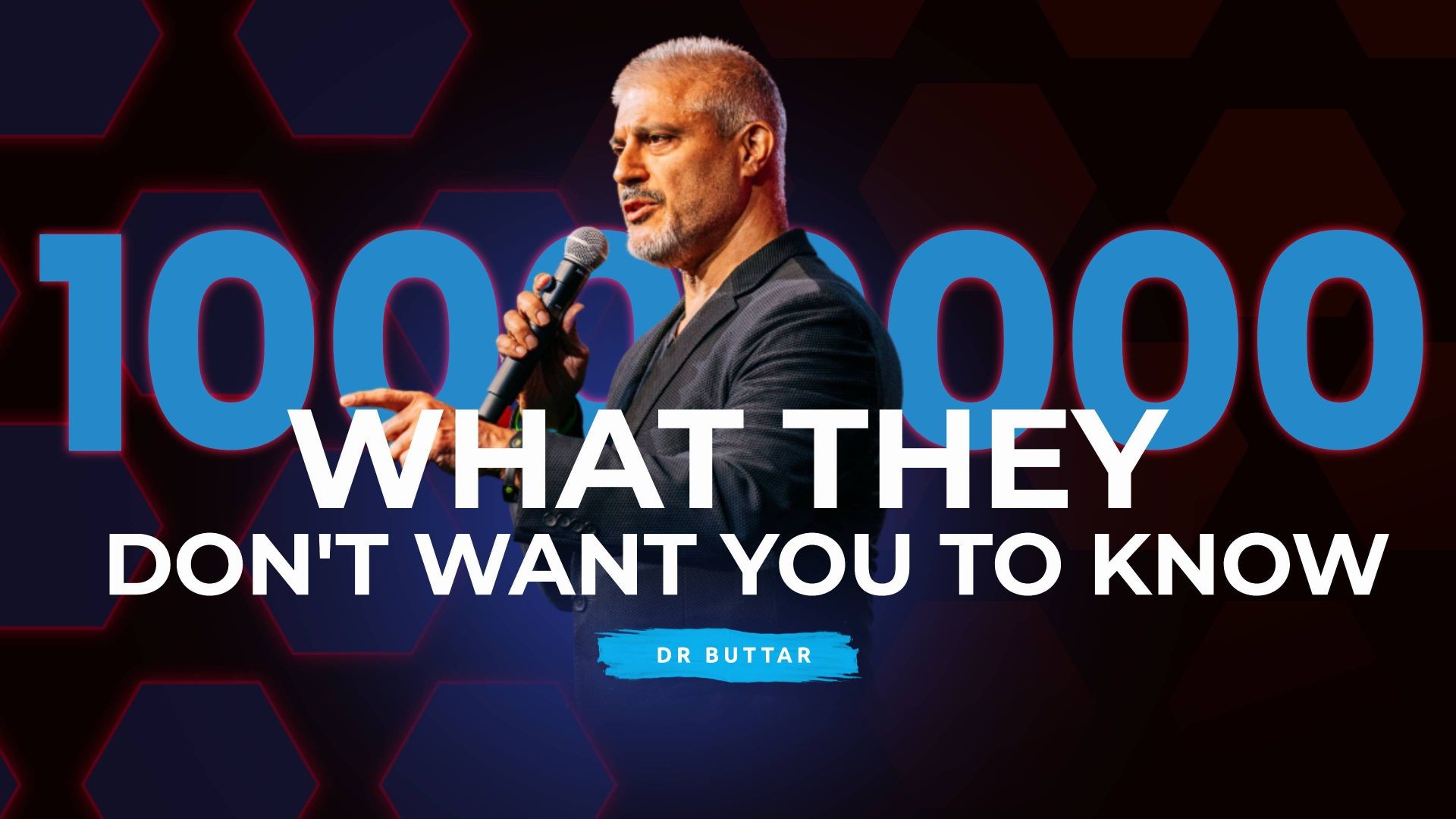April 29, 2024 - Analysis by Dr. Joseph Mercola
Source Article - What Happens When You Don't Brush Your Teeth? (mercola.com)
STORY AT-A-GLANCE
- Taking good care of your teeth, which includes brushing them twice a day, affects not only your oral health but also your physical health and well-being
- Failure to care for your teeth properly can result in bad breath, plaque, yellow teeth, tooth decay and other health problems
- Some of the common mistakes you may be making when brushing your teeth include not brushing long enough, using the wrong technique, failing to replace your toothbrush regularly and using fluoride toothpaste
Editor's Note: This article is a reprint. It was originally published July 15, 2017.
Brushing your teeth twice a day is an indispensable health habit that affects more than just your teeth. The state of your oral health most definitely plays a role in optimizing your overall health and well-being. Regardless of your age or the number of years you've been using a toothbrush, it's a good idea to make sure you are addressing the important aspects of dental hygiene.
Bad breath, plaque, yellow teeth, tooth decay and other health problems are easily avoidable when you adopt an effective oral care routine. I hope you will take a few minutes to learn what happens when you don't brush your teeth, or don't brush them properly.
What Can You Do About Bad Breath?
If you've ever overlooked brushing your teeth before leaving the house for the day, you have probably already experienced the most common side effect of ignoring your oral health: bad breath, also known as halitosis. Without brushing, food odors will linger in your mouth, causing foul odors to emit as you breathe and speak. Some food odors may be mildly tolerable, like coffee, while others are downright obnoxious, like garlic or fish.
To prevent bad breath, not only is it important to brush your teeth twice a day, but also your tongue. Since it is actively involved in the chewing and swallowing process, food particles and odors can easily remain on your tongue after you brush your teeth.
You can brush your tongue using either your regular toothbrush or an instrument designed specifically for tongue brushing. If you are prone to foul breath and have not seen improvement through changes in your oral hygiene routine, you also may want to address:
•Alcohol consumption or smoking — The scent of alcohol and cigarettes is strong and often lingers on your breath
•Medications — Some pharmaceutical drugs cause dry mouth. Because saliva rinses odor-producing germs from your mouth, the absence of saliva may result in bad breath. If you suspect the root of your foul breath is drug-induced, see your doctor about changing or adjusting your medications
•Mouth breathing and snoring — Both of these conditions can lead to dry mouth and/or bad breath and are worthy of your time and attention to address
•Your gut health — Optimizing your gut flora will help fight bad breath because it strengthens your immune system and balances the bacteria in your gut; eating fermented foods is a great way to improve your gut and oral health
Yellow Teeth: A Sign of Poor Habits or Staining Foods and Beverages
If you have ever fallen into a pattern of brushing less frequently, you may have noticed your teeth will generally turn yellow. Your teeth take on this dingy hue due to the buildup of bacteria, food debris and plaque, which conspire to diminish the natural whiteness of your teeth. Yellow teeth or teeth stains are almost always a noticeable result of smoking. If you consume certain beverages and foods very often, they may also be contributing to the darkening of your teeth.
According to WebMD,1 tea has the potential to stain your teeth worse than coffee. Tea boasts a higher stain potential because it contains acid, as well as tannins, plant-based compounds that make it easier for stains to stick to your teeth. "Tea causes teeth to stain much worse than coffee," says Dr. Mark Wolff, professor at New York University College of Dentistry. "Iced tea or brewed tea — it doesn't matter."2
Acidic foods can also lead to teeth yellowing or staining due to their ability to wear down your tooth enamel. Certain types of foods may cause staining due to their intrinsic properties, such as berries and curry, for example.
I have often mentioned oil pulling with coconut oil as a superb way to cleanse and flush harmful bacteria from your mouth. This is an oral hygiene habit I invest in every day. Because of its high concentration of antibacterial medium-chain triglycerides (MCTs), coconut oil is ideal for oil pulling.
If you have yellow teeth, you'll be happy to know that one of the positive side effects of oil pulling is that coconut oil naturally whitens your teeth. Try it for a few weeks and see what a difference it makes!

Save This Article for Later - Get the PDF Now
Download PDFPlaque Buildup Sets the Stage for Tooth Decay and Gum Disease
Plaque is the sticky film that forms when the bacteria in your mouth build up on your teeth. If plaque remains on your teeth for too long, it begins to eat away at them, making them weak. Untreated plaque sets the stage for tooth decay and gum disease. While plaque is mostly colorless and may be hard to see, you know it's there because of how it feels. Dr. Margaret Culotta-Norton, former president of the Washington D.C. Dental Society, says:3
"Plaque makes the teeth feel rough and slimy. It feels like the teeth have 'sweaters' on them … Plaque will never go away completely, but it can be controlled with good oral hygiene and visits to the dentist."
Tooth Decay: How to Keep It in Check
You may have already suffered from one of the most common effects that result from not brushing your teeth properly: tooth decay. Tooth decay often results in the presence of cavities. Several years ago, I did an interview with Dr. Tim Rainey, a pioneer in biological dentistry, who presented the many advantages of minimally invasive dentistry.
Rainey suggests tooth decay is primarily driven by the symbiotic relationship between bacteria and acidity, which creates a pathogenic bioflora in your mouth. If you're continually lowering the pH in your mouth, you start losing calcium, which is necessary for strong, healthy teeth. A calcium deficiency results in more porous teeth, which allows plaque that has turned pathogenic to attack a weak tooth.
Once certain types of bacteria are able to penetrate your tooth enamel, they release enzymes that begin to break down the collagen in the inner structure of the tooth. Besides ensuring you brush and floss regularly, you can keep tooth decay in check by:
•Avoiding processed foods and sugar, which will help reduce the bacteria that cause tooth decay
•Eating a diet rich in fresh, whole foods, grass fed meats and fermented vegetables, all of which will ensure you get plenty of minerals for strong bones and teeth
•Balancing your consumption of acid and alkaline foods
•Brushing with baking soda at night to alkalize the pH of your mouth
•Using a water-flossing system to remove smaller food particles that may not be removed with conventional dental floss alone
If you have young children, be sure they consume any chewable vitamins prior to brushing their teeth. Chewable vitamins can be acidic, and leaving the acid on the teeth for long periods of time will very often result in tooth decay.
Periodontal Disease Can Lead to Tooth Loss
According to the American Academy of Periodontology (AAP),4 there are several types of periodontal disease. Gingivitis, evidenced by red, swollen or bleeding gums, is the mildest form. It's possible to reverse gingivitis with professional treatment and improved oral home care. Untreated gingivitis usually advances to periodontitis, a process the AAP explains as follows:5
"With time, plaque can spread and grow below the gum line. Toxins produced by the bacteria in plaque irritate the gums. The toxins stimulate a chronic inflammatory response … and the tissues and bone that support the teeth are broken down and destroyed.
Gums separate from the teeth, forming pockets … that become infected. As the disease progresses, the pockets deepen and more gum tissue and bone are destroyed. … Eventually, teeth can become loose and may have to be removed."
If you suffer the misfortune of losing a tooth because of periodontal disease, be sure to review my past advice prior to getting a root canal or dental implant. In addition to regular brushing and flossing, you can best fight periodontal disease by:
•Using a water-flossing system to remove smaller food particles that may not be removed with conventional dental floss alone
•Adopting the practice of oil pulling, which was mentioned above
After oil pulling, you may reduce bacterial growth in your mouth even further by increasing your oral pH. To do so, mix 1 teaspoon of baking soda in 6 ounces of water and gargle. This will alkalize the pH of your mouth. Because bacteria thrive in an acidic environment, the increased pH will discourage bacterial growth.
How the Health of Your Mouth Affects Other Areas of Your Body
Brushing your teeth regularly is important because when bacteria in your mouth isn't removed, it taxes your immune system. When your immune system is burdened, you are at potential risk for health problems in other areas of your body.
Dr. Matthew Messina, a nationally recognized spokesperson for dentistry and member of the American Dental Association, notes you should be particularly concerned if you have bacteria under the gum line with access to your circulatory system, which can be dangerous. According to USA Today:6
"A dirty mouth has been linked to respiratory diseases such as pneumonia, heart attacks and even MRSA — in the case of dentures. MRSA, or methicillin-resistant Staphylococcus aureus, is a bacteria resistant to a variety of medications that can infect the bloodstream and lining of the heart."
The U.S. Centers for Disease Control and Prevention indicates MRSA indeed can cause problems ranging from skin infections to sepsis and pneumonia to bloodstream infections.7 The fact MRSA is resistant to many of the most commonly prescribed antibiotics is also a cause for concern. Previously, I've discussed how your oral health affects the rest of your body.
Final Thoughts About Caring for Your Teeth
By now, you probably realize the importance of brushing your teeth. However, you may still be making one or more of these common mistakes when caring for your teeth:8,9
Brushing less than two minutes |
Keeping your toothbrush longer than three months (about 200 uses) |
Using a brush that is too hard, when a soft or extra soft brush will do |
Brushing up and down instead of using a circular motion at a 45-degree angle |
Locking into the same routine day after day, which may lull you into complacency |
Brushing more than twice a day and/or applying too much pressure, which may |
I would add that brushing with toothpaste containing fluoride is another common mistake. To avoid exposure to fluoride and other dangerous toothpaste toxins, I recommend you use toothpaste containing natural ingredients, such as coconut oil, baking soda and essential oils. For more tips on how to brush your teeth correctly, check out the Life Hacks video on YouTube - 10 WAYS TO BRUSH YOUR TEETH.













